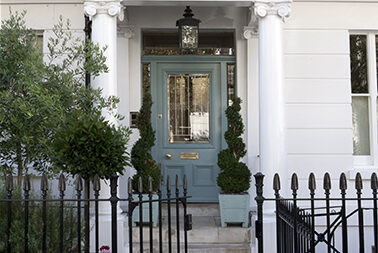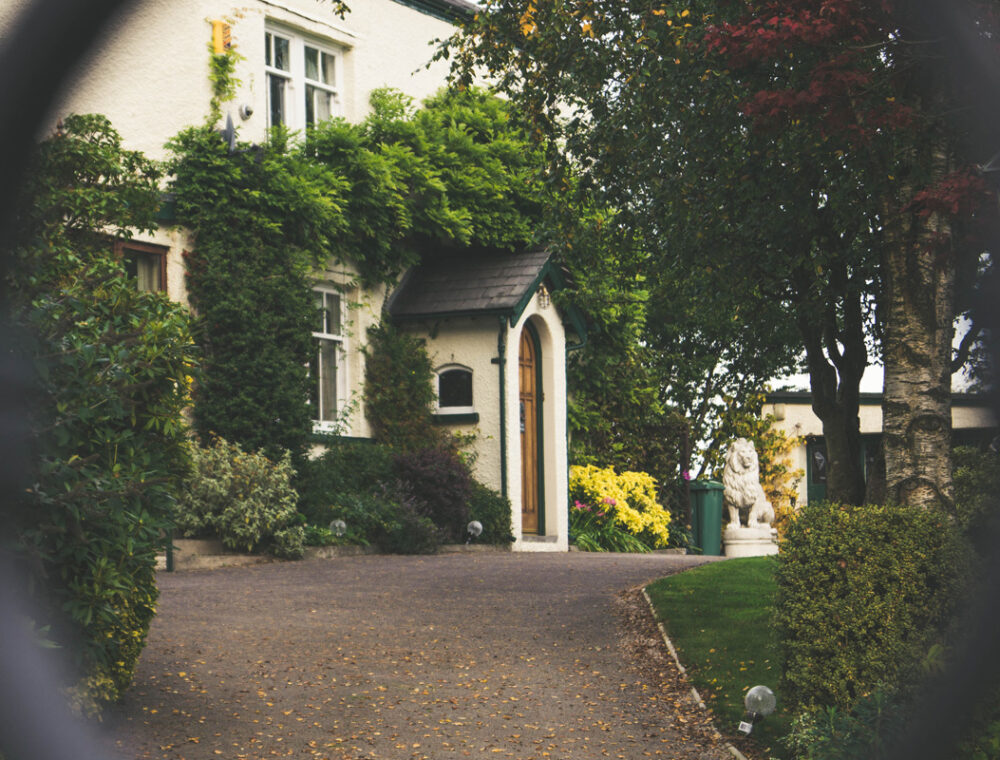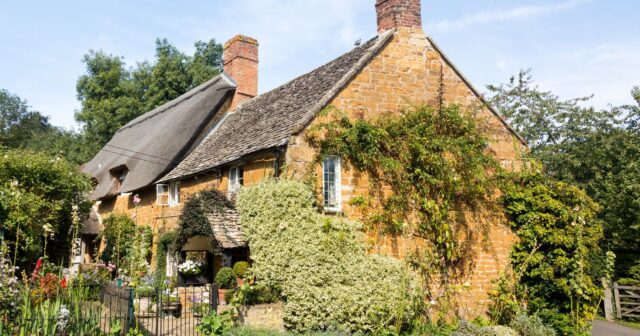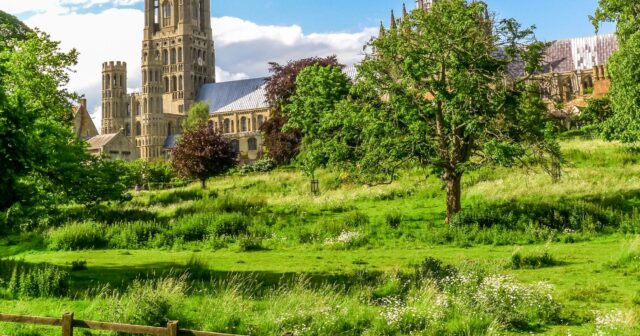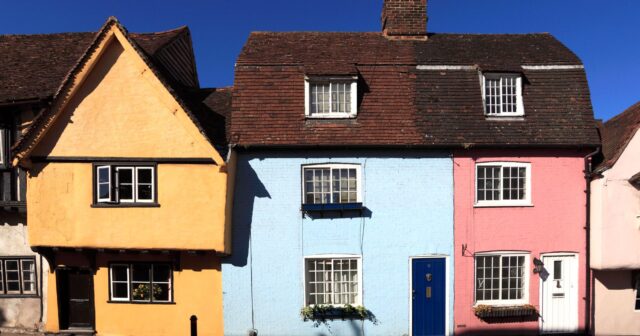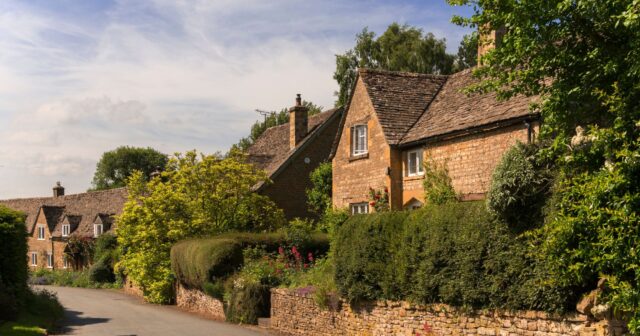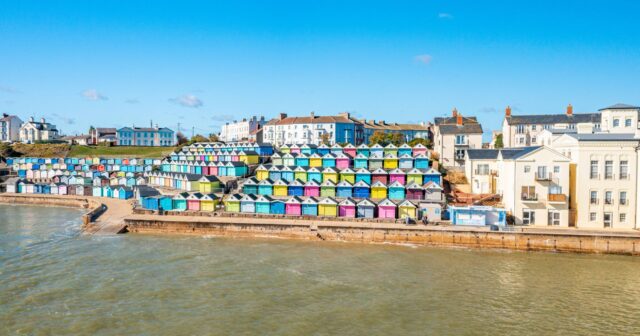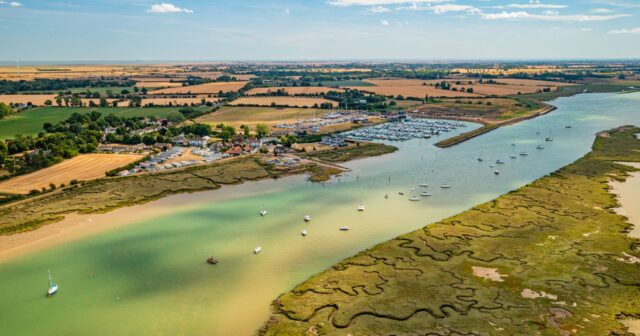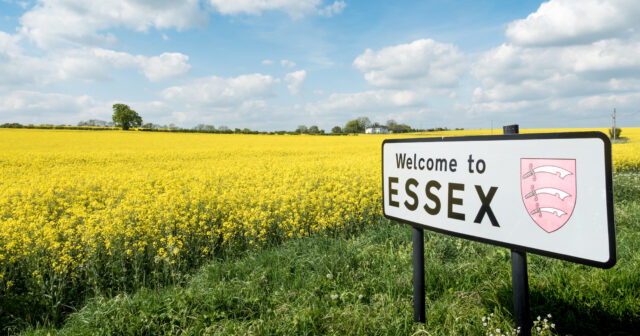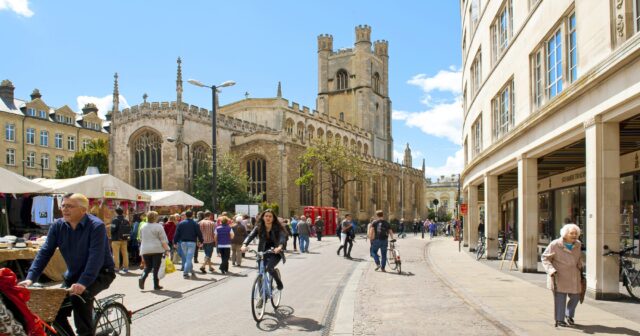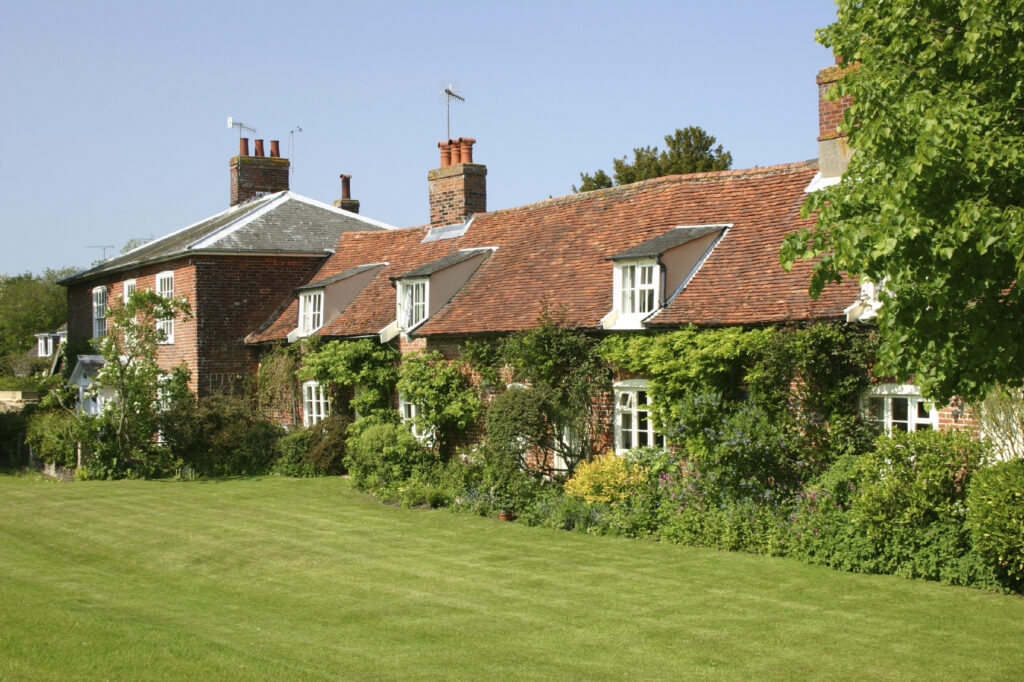
Should You Buy a Holiday Home in 2020?
The Pros & Cons
At one point or another, we’ve all thought about finding a little slice of heaven somewhere up in the hills, or down by the sea. With a holiday home, that dream can become reality. They’re ideal for a relaxing weekend away, a long summer getaway or as a place for family to get together for special occasions. A holiday home could even turn into your forever home when you come to retire, before being passed down through the family. Of course, despite the fact that there are numerous advantages, owning a holiday home is a big commitment: so to help you decide, we at Buying Agent Partnership have put together a list of the pros and cons.
Should I Buy a Holiday Home? The Advantages Of Owning A Holiday Home
Beneficial Tax Arrangements
If you make the decision to let your holiday home out for much of the year, HMRC will consider it to be a trading venture, rather than an investment property. This means that you can receive discounts on council tax, as well as mortgage interest relief. The property needs to be available to let for 210 days a year and actually let for 105 days a year. Within that, no individual can let the property for 31 consecutive days e.g. family and friends. We would recommend that you seek financial advice prior to purchasing and owning a holiday home, to discuss your tax obligations in detail. We at Buying Agent Partnership are additionally available to help, and can put you in touch with advisors for discussion or consultation.
Considerable Return on Investment
For holiday rentals, it really is a case of ‘Location, Location, Location!’. The likes of the Lake District, the Scottish Highlands and coastal villages see high visitor numbers every year, as people flock to take in the gorgeous views. At peak times, holiday home owners are able to charge a premium price for use of their property. A week’s rent can easily exceed £1,000; meaning that these are lucrative locations which can provide an enormous fiscal advantage for homeowners in the region.
Of course, this needs to be balanced with the out-of-season downtime when visitor numbers drop. This tends to be outside of school holidays, particularly between Halloween and Easter. As a general rule, high demand inland locations, such as the National Parks, tend to have better year-round visitor numbers than coastal resorts. The best way to combat any downtime in low season is to be flexible. Be willing to accept short-stay bookings of just one or two nights rather than rigidly sticking to a five or seven day minimum. That way you are more likely to attract people looking for a weekend break, maybe doing a spot of walking or celebrating a special occasion! Properties that accept dogs are also in high demand.
If the property is vacant for a couple of weeks, take the opportunity to do maintenance work, a deep clean or a bit of decorating! You don’t want to miss out on lucrative opportunities in the summer, and a coat of fresh paint never hurt anyone…
A Potential Retirement Home
For many people, the end goal is for their holiday home to become their main residence upon retirement. It’s certainly not uncommon to dream of retiring to the coast or countryside. By owning a holiday home, you can make that dream a reality! If you buy the property far enough in advance and choose to rent it out, you may even be able to pay off the mortgage prior to retiring. In addition, you’ll have the opportunity to get to know your neighbours and other members of the community prior to moving in full time.
The Disadvantages Of Owning A Holiday Home
Insurance
If you plan on letting out your holiday home, you will require a specialist form of insurance. This will cover you for any damage caused by guests, for the periods of time when the property is vacant and for loss of rent/income. The ease with which you are able to acquire home insurance will very much depend on the location. As with any property purchase insurers will also take into account environmental risks such as flooding and security when the house is empty. However, with a bit of careful planning, high costs can be mitigated by a strong and durable choice.
Upkeep And Maintenance
Like any property, a holiday home needs to be cleaned and maintained. If you plan on renting the property out as a holiday let, we would highly recommend that you hire an external cleaning service. Otherwise, you’ll have to travel to the property between each tenant and do a deep clean yourself. In summer, turnover times can be extremely tight so this isn’t particularly practical, unless you live close by! However, we at Buying Agent Partnership have strong professional relationships with various companies offering deep clean services, maintenance and more – so you can rest assured that they meet our high standards, for your peace of mind.
Stamp Duty Land Tax
Since 1 April 2016, there has been an increase in stamp duty levels for anyone buying an additional property, including second homes. Second homes will attract an additional surcharge even if they are not let out. With a much lower starting threshold of £40,000, most second home purchases now attract an additional 3% stamp duty tax on top of the standard rates. We are able to assist in matters relating to stamp duty, by putting you in touch with our network of advisors.
Buying Agent Partnership are a group of highly experienced property finders who can help you find your perfect holiday home. Contact us on 0330 223 6339 to discuss how we can help you.
